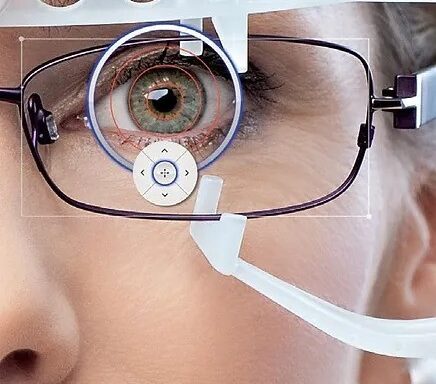Penile Implant in Dubai, also known as penile prosthesis implantation, is a procedure designed to treat erectile dysfunction (ED) when other treatments have failed. It involves surgically placing devices known as penile implants inside the penis. While the surgery itself is a significant step towards improving sexual function and quality of life, understanding the recovery process is crucial for patients considering or undergoing this procedure.
I. Introduction
Penile implant surgery is often considered as a last resort for men who have not responded well to other treatments for erectile dysfunction. It offers a reliable solution for achieving and maintaining erections, thereby restoring sexual function. However, like any surgical procedure, it requires a period of recovery for optimal results.
II. Preparing for Surgery
Before undergoing penile implant surgery, patients typically have a consultation with their urologist or surgeon. During this consultation, the doctor explains the procedure in detail, discusses the different types of penile implants available, and assesses the patient’s overall health and suitability for surgery. Patients are also given pre-operative instructions, which may include guidelines on fasting, medication adjustments, and other preparatory measures.
III. Immediate Post-Surgery Period
After the surgery, patients are usually monitored in the hospital for a brief period to ensure that there are no immediate complications. Pain management is an essential aspect of this phase, and patients may be prescribed pain medications to help alleviate discomfort.
IV. Initial Recovery Phase
Once discharged from the hospital, patients are advised to take it easy and avoid strenuous activities for a few weeks. It’s essential to follow the surgeon’s instructions regarding wound care and hygiene to prevent infection. Activities such as heavy lifting and vigorous exercise should be avoided during this time to allow the body to heal properly.
V. Resuming Normal Activities
As the initial recovery phase progresses, patients can gradually start to resume their normal activities. However, it’s essential to listen to the body and avoid overexertion. Sexual activity may be resumed as per the surgeon’s recommendations, usually around 4-6 weeks after surgery.
VI. Long-Term Recovery
Long-term recovery involves attending follow-up appointments with the surgeon to monitor progress and address any concerns. While most patients experience significant improvements in their erectile function following penile implant surgery, it’s essential to be vigilant for any signs of complications, such as infection or device malfunction.
VII. Factors Affecting Recovery Time
The recovery time after penile implant surgery can vary from one individual to another and may be influenced by factors such as overall health, age, and the type of implant used. Complications, such as infection or device malfunction, can also prolong the recovery process.
VIII. Tips for a Speedy Recovery
To promote healing and minimize the risk of complications, patients are advised to practice good wound care, maintain a healthy lifestyle, and follow their doctor’s recommendations regarding medication and activity levels.
IX. Understanding Healing Milestones
During the recovery process, patients can expect to experience certain milestones indicating progress, such as decreased pain and improved mobility. However, it’s essential to be aware of red flags, such as persistent pain or swelling, which may indicate a complication requiring medical attention.
X. Patient Experiences and Expectations
Real-life stories from patients who have undergone penile implant surgery can provide valuable insights into what to expect during the recovery process. Managing expectations is crucial, as recovery times and outcomes can vary from person to person.
XI. Conclusion
In conclusion, the typical recovery time after Penile Implant varies from patient to patient but generally ranges from 6-8 weeks. By following post-operative instructions, practicing good wound care, and maintaining a healthy lifestyle, patients can promote healing and minimize the risk of complications. It’s essential to be patient during the recovery process and to seek medical attention if any concerns arise.





























